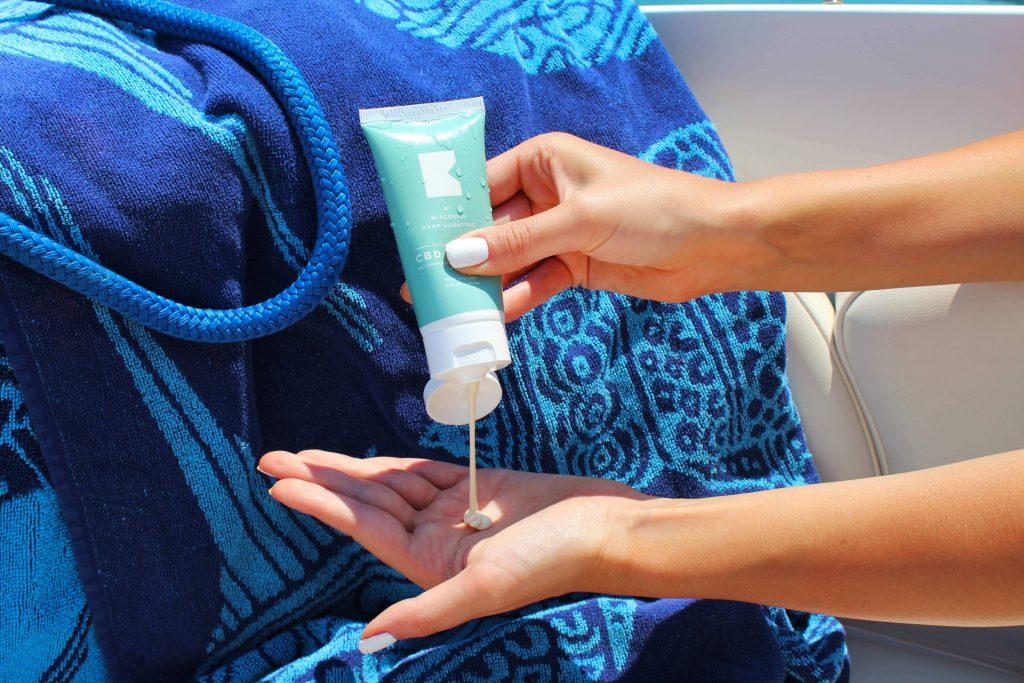Do you often forget to apply sunscreen every day? You might be thinking it might not be a big deal, but to tell you it can have some adverse effects on your skin. Let us go through what happens when you don’t apply sunscreen on the skin.

Damaging effects of not wearing a Sunscreen
- Sun Burns
When our skin is exposed to UV radiations of the sun for a long time, it results in the burning of the skin cells and the burns on the skin are called sunburns. These burns can be mild to severe that appear as red, hot, painful patches on the skin. - Premature Ageing
One of the most serious consequences of not applying sunscreen is premature aging of the skin. The ultraviolet rays of the sun damage collagen and the connecting fiber of the skin elastin, which causes the skin to stretch, sag, and lose its elasticity causing wrinkles. - Skin Cancer
One of the most prevalent types of cancer, skin cancer affects millions of individuals every year. A gene mutation brought on by DNA damage from UV radiation has the potential to result in cancer of the skin. Rapid cell division results in a malignant tumor in skin cancer. - Sun Spots
When your skin is exposed to sunlight for a prolonged period of time, age spots or sunspots develop. These sunspots are frequently accompanied by discomfort, burning, and itching. Other early signs of skin damage might include the appearance of freckles or moles. More spots will appear on your skin as a result of your continued neglect to shield it from the sun. When melanocyte cells group together, freckles and moles are produced. These blemishes are more likely to appear on fair-skinned individuals than on those with naturally darker skin tones. - Inflammation
When your skin tissue is exposed to harmful UV radiation, inflammation may develop. Inflammation is a part of the natural healing process of UV-damaged skin. You can notice swelling, redness, and pain. It can also cause skin discoloration. - Dry Skin
Direct sun exposure on your skin causes loss of moisture and natural oils from the skin. It leads to dehydration and your skin eventually develops dry, rough patches in the affected areas. - Weaker Immune System
UV exposure can change the distribution and activity of some of the immune cells in your skin. UV radiation promotes the increase of cytokines along with the increasing T-cell activity. This, in turn, hampers your skin’s immune responses.
